Academy 1/72 Lockheed PV-1 Patrol Bomber # 12587
Twin-engine aircraft primarily designed for long-range patrol and anti-submarine warfare missions in World War II.
Navy version of the Lockheed Ventura, built by Lockheed subsidiary Vega Aircraft Corporation. (P-Patrol, V-Vega, 1).
Choice of 6 markings:
(1) PV-1 "Scooters Dream", unknown unit, Russell Islands, Solomon, mid-1943;
(2) PV-1 "Blonde Blitz", unknown unit, Russell Islands, Solomon, mid-1943;
(3) PV-1 Patrol Bombing Squadron (VPB) 150, West Field, Tinian, Mariana Islands, Oct 1944;
(4) B-34 "Lexington" built for RAF but used by USAAF for coastal patrols/training missions;
(5) RB-34 "Lexington" USAAF, Randolph Field, TX, 1942 ('R' = 'Restricted from combat use');
(6) B-34, Col Michael Alexandrovich Eryomin, 128th Air Division, 'Za Pobedu' (For Victory).
The Lockheed PV-1 Ventura was a versatile and rugged patrol bomber used by the United States Navy and Allied forces during World War II.
Originally developed as a military version of the Lockheed Model 18 Lodestar airliner, the PV-1 proved to be an effective multi-role aircraft, excelling in maritime patrol, anti-submarine warfare, and bombing missions.
Design and Features:
Wingspan: 65 feet 6 inches (19.96 meters)
Length: 51 feet 9 inches (15.77 meters)
Maximum Speed: 322 mph (518 km/h)
Range: Approximately 1,660 miles (2,670 km)
Crew: Typically 5–6 members
The PV-1 featured a streamlined fuselage with twin Pratt & Whitney R-2800 Double Wasp radial engines, each producing 2,000 horsepower.
Its rugged construction and robust powerplant allowed for extended operations over harsh environments.
The aircraft was equipped with a substantial bomb load capacity and multiple hardpoints, enabling it to carry bombs, depth charges, or torpedoes.
Defensive armament included machine guns mounted in dorsal, nose, and ventral positions, providing solid protection against enemy fighters.
Operational Roles:
The PV-1 was primarily designed for long-range maritime patrol and anti-submarine warfare, patrolling vast oceanic expanses to safeguard Allied shipping lanes.
It was also used in:
Bombing Missions: Capable of precision bombing over land and sea.
Reconnaissance: Gathering critical intelligence on enemy movements.
Close Air Support: Providing tactical support to ground troops in island campaigns.
Service Highlights:
The PV-1 entered service with the U.S. Navy in 1942 and was widely used in the Pacific, Atlantic, and Mediterranean theaters.
In the Pacific, it operated from forward bases to conduct anti-shipping strikes and disrupt Japanese supply lines.
It also played a key role in countering the German U-boat threat during the Battle of the Atlantic.
Allied nations, including the United Kingdom, Canada, Australia, and New Zealand, also operated the PV-1 under the Lend-Lease program.
It earned a reputation for reliability and versatility, often deployed to austere environments where its rugged design excelled.
Legacy:
Although it was gradually replaced by more advanced designs like the Lockheed PV-2 Harpoon and the Consolidated PB4Y-2 Privateer, the PV-1 Ventura left a lasting legacy as a dependable workhorse.
Its contributions to patrol bombing, anti-submarine efforts, and multi-role operations were instrumental in securing Allied control of the seas during World War II.












Did you know we are the UK's largest GodHand Tools stockist and official UK distributor!
Check out their amazing Ultimate Nipper 5.0, which is the best Nipper on the market.
All Godhand tools are available for next-day delivery.

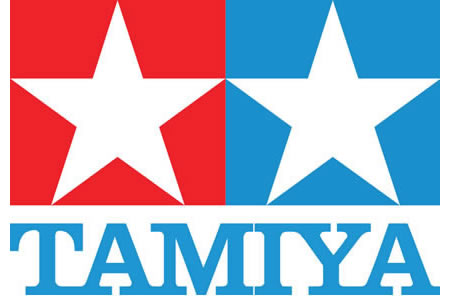



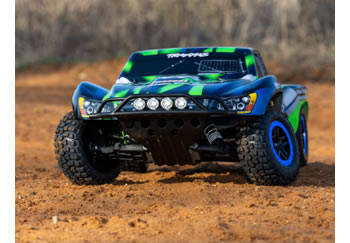
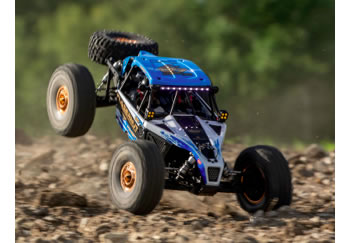
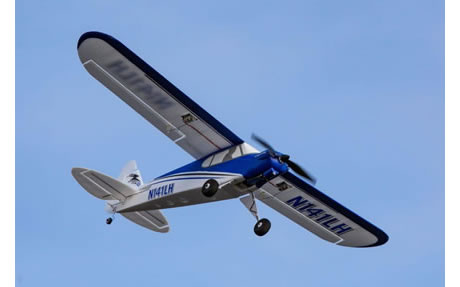

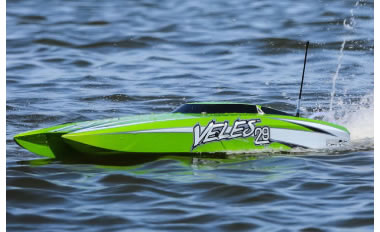
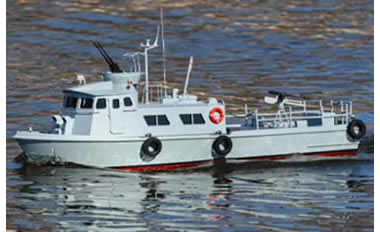
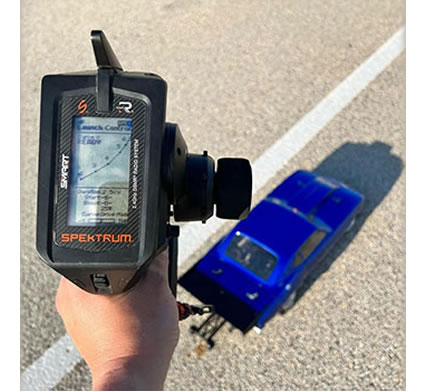
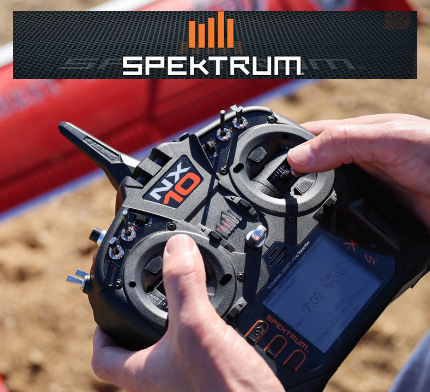
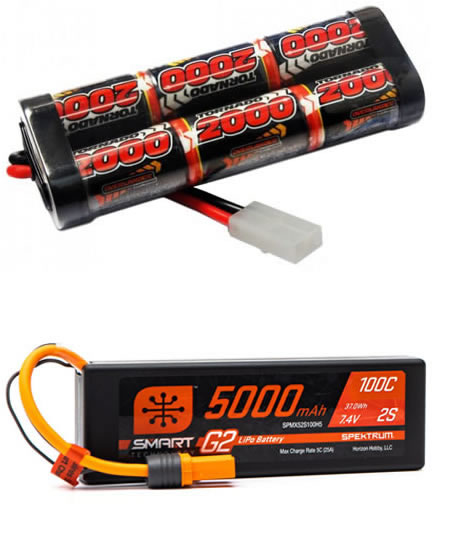
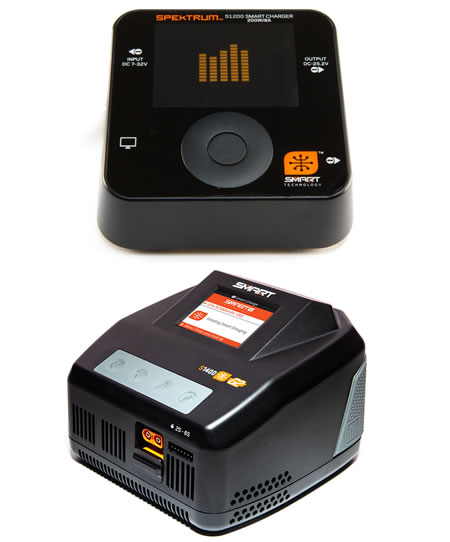

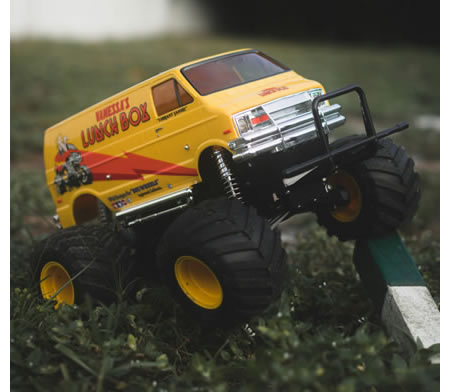
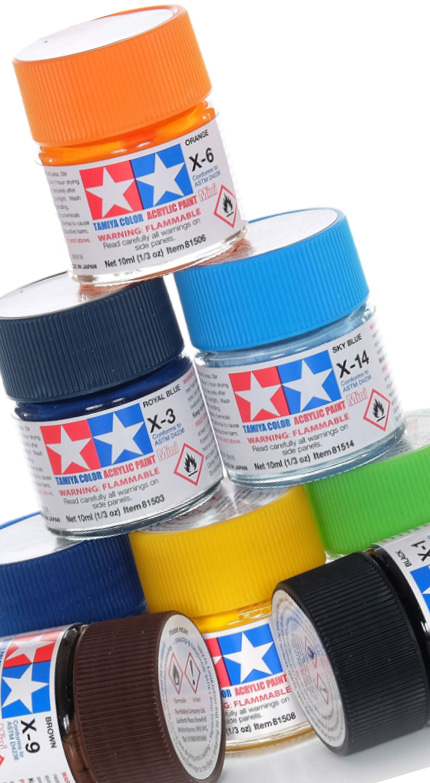

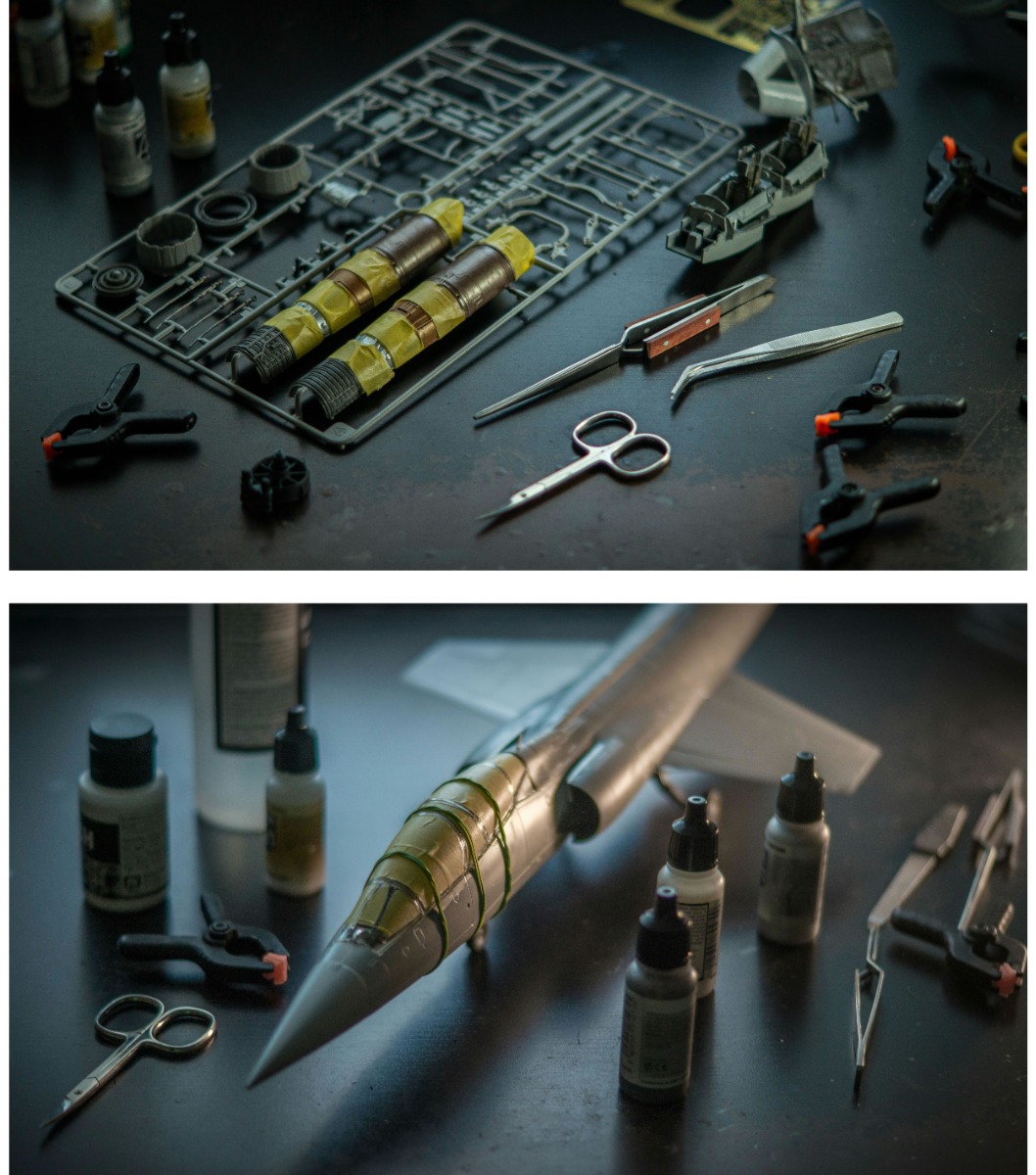
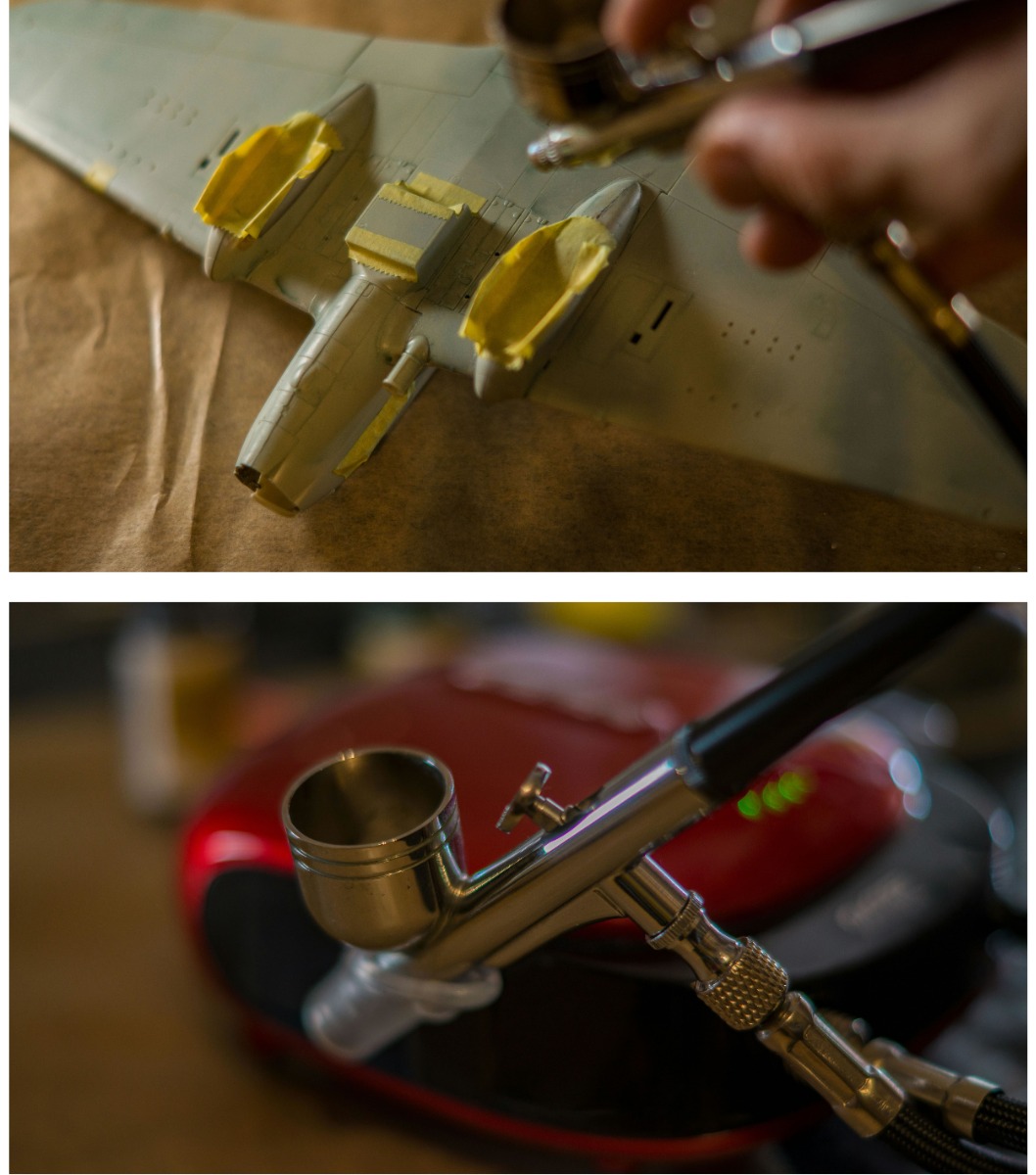
 Spread the cost with Paypal Credit
Spread the cost with Paypal Credit
 Spread the cost with Klarna
Spread the cost with Klarna












